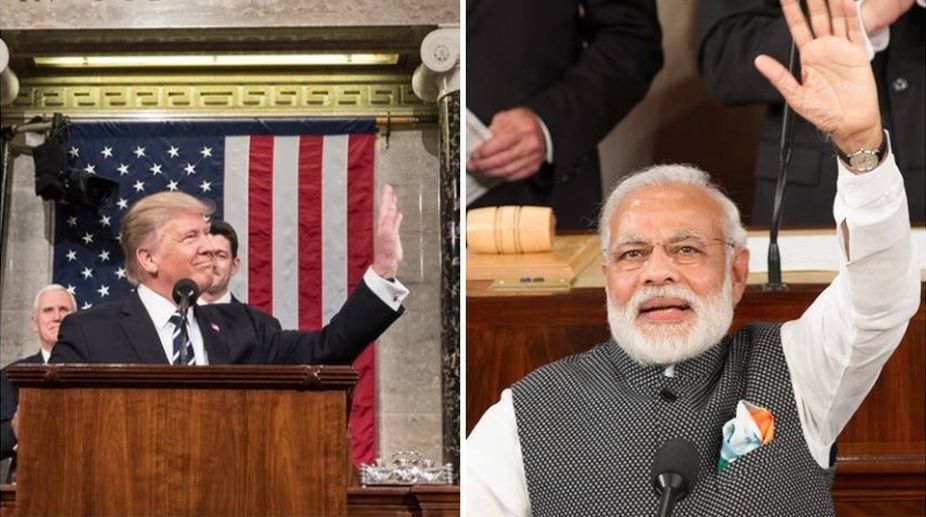Intellectual Property protection is a key issue for India-US relationship and the next week's meeting between Prime Minister Narendra Modi and US President Donald Trump is expected to benefit the innovators on both sides, says an American industry body.
Prime Minister Modi's US visit represents an opportunity for the Indian government to renew its commitment as a good- faith economic partner and to embrace pro-growth policies that will mutually benefit American and Indian innovators alike, it said.
Advertisement
"This visit represents an opportunity for the Indian government to renew its commitment as a good-faith economic partner and to embrace pro-growth policies that will mutually benefit American and Indian innovators alike," Patrick Kilbride, vice president of International Intellectual Property of the US Chambers of Commerce told PTI.
"Empowering innovators through recourse to strong intellectual property laws has long been a key issue within the US- India relationship, he said in response to a question.
"In the past, India has cast doubt on its commitment to innovation with restrictive patentability criteria affecting life sciences and computer-related inventions, generally weak enforcement of IP laws, and an administrative bureaucracy marked by red tape," Kilbride said.
"The Trump administration has placed particular emphasis on ensuring our international partners respect the rights of American innovators," he said.
In an article published this year, Kilbride had said that a strong intellectual property system must provide legal certainty that empowers innovators and artists to invest their time, money, and personal energy in creative and inventive works.
Too many exceptions too many holes in the bucket jeopardise that reliability and result in a lot of spilled opportunities, he wrote in Business World.
"Indian policymakers have some choices before them: they can choose to keep discouraging innovation or they can plug the holes in India's current 'bucket' exceptions such as limiting the patentability of software innovations, or facilitating access to pirated movies and music online," Kilbride said.
"India must also choose whether they will continue down its current path or give innovators a bigger bucket robust IP laws based on 21st century standards to take more ideas to market.
We certainly hope that India chooses fully embrace its full innovative potential to carry a wealth of ideas to market," he wrote.











